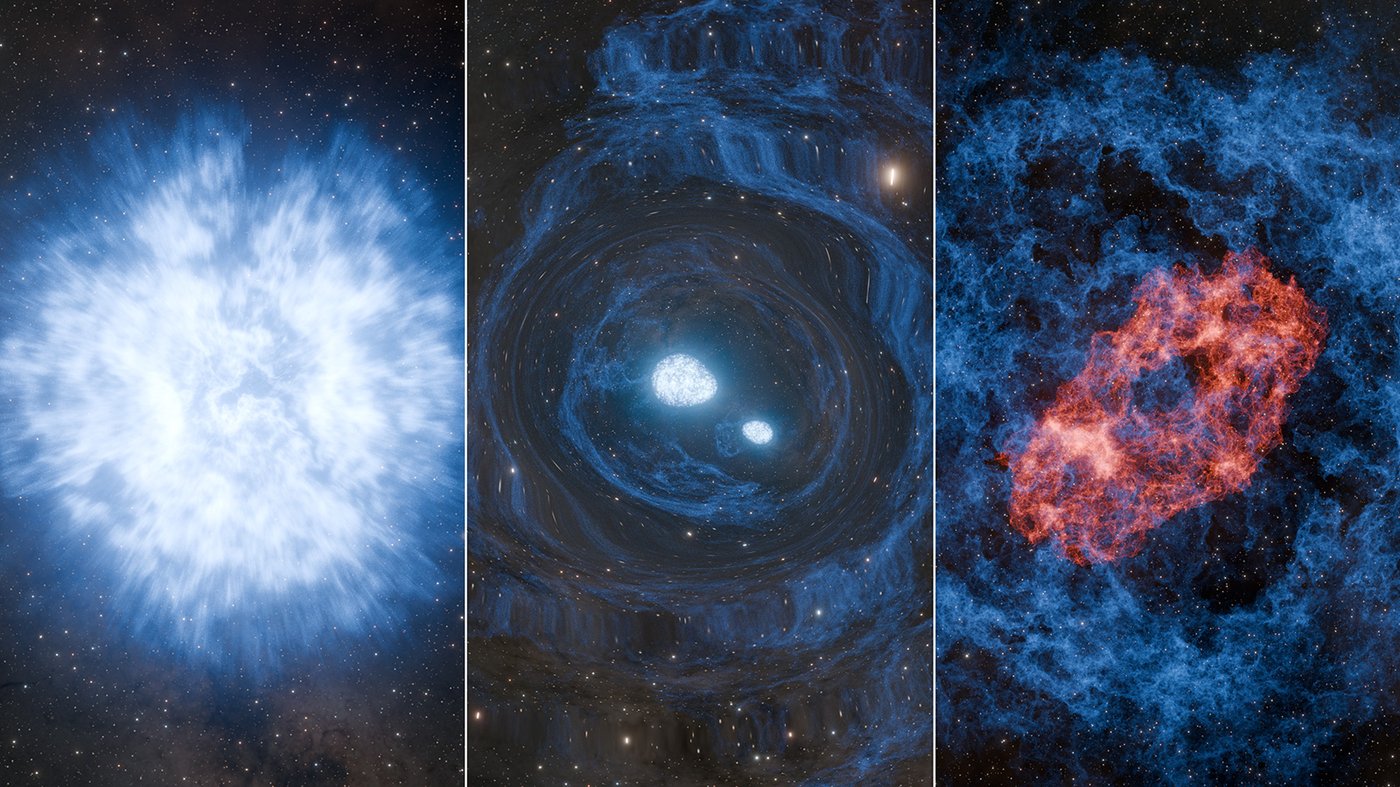FDA Investigating Reports Claiming Deaths Tied to Energy Drinks

Five-Hour Energy, the high-caffeine drink seen at checkout counters around the country, may have been involved in 13 deaths over the past four years, according to reports filed with the Food and Drug Administration.
The FDA has received 90 reports that have mentioned Five-Hour Energy since 2009. Thirty of them claimed serious or life-threatening injuries, including heart attacks, convulsions and, in one instance, a spontaneous abortion, reported The New York Times.
Last month, the FDA revealed that it was investigating five reports of deaths that implicated Monster Energy, another popular energy drink.
Five-Hour Energy, sold in a 2-ounce bottle billed as a shot, and Monster Energy drinks are regulated by the FDA not as beverages but as dietary supplements, a category that has different rules on ingredient disclosures. [How Energy Drinks May Affect Kids' Hearts]
Living Essentials, the Michigan-based distributor of Five-Hour Energy, said in a statement that it was "unaware of any deaths proven to be caused by the consumption of 5-Hour Energy" and that the product was safe when used as directed.
Five-Hour Energy does not disclose the precise caffeine content of the product, claiming on its website that it contains caffeine "comparable to a cup of the leading premium coffee." But Consumer Reports tests determined that each shot contains 215 milligrams (mg) of caffeine; an 8-ounce cup of drip coffee contains between 104 and 192 mg of caffeine, according to the American Beverage Association.
Aside from caffeine, Five-Hour Energy shots also contain taurine, niacin, malic acid, glucuronic acid, high levels of vitamins B6 and B12 and various other ingredients.
Get the world’s most fascinating discoveries delivered straight to your inbox.
John Higgins, an associate professor of medicine at the University of Texas Medical School at Houston who has studied the safety of energy drinks, said adverse health effects associated with large doses of caffeine may be augmented by energy drinks' other ingredients, which commonly include taurine and glucuronolactone.
"Our feeling is that it's probably the higher levels of caffeine, and also these other ingredients," that may be involved in caffeine-associated deaths and seizures, Higgins told MyHealthNewsDaily in October. The compounds may interact and have a greater effect than any one chemical by itself, he said.
Five-Hour Energy recommends that women who are pregnant or nursing, along with children under the age of 12 avoid consuming the product, and that consumers not drink more than two bottles a day.
In 2011, scientists at Brown University reported the case of an adolescent who experienced his first-ever seizure after drinking a Five-Hour Energy shot.
According to a statement from Living Essentials spokeswoman Elaine Lutz, "Living Essentials takes reports of any potential adverse event tied to our products very seriously. We fully comply with all of our reporting requirements."
Living Essentials submitted all 13 death reports that mentioned Five-Hour Energy to the FDA. The federal agency requires dietary supplement makers to report any deaths or serious injuries they are aware of that may involve their products.
FollowMyHealthNewsDaily on Twitter @MyHealth_MHND. We're also on Facebook & Google+.


